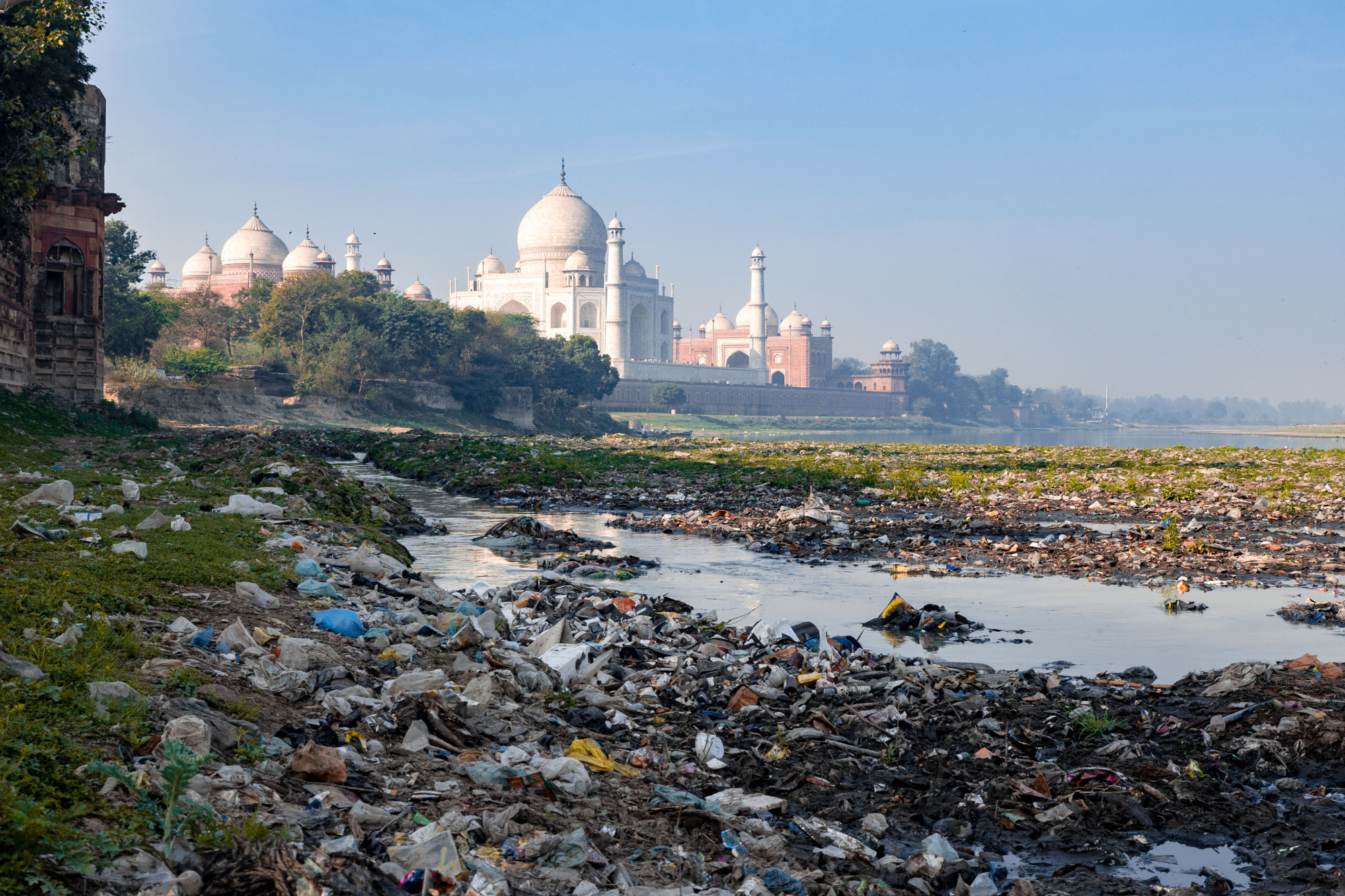From the Tigris to the Indus and the Yangtze to the Nile, rivers were essential to the emergence of human civilization. Millenniums later, hundreds of millions of people still depend on rivers to quench their thirst, grow food, and make a living. And yet we are rapidly destroying the planet's river systems, with serious implications for our economies, societies, and even our survival.
China is a case in point. Its dam-building frenzy and over-exploitation of rivers is wreaking environmental havoc on Asia, destroying forests, depleting biodiversity, and straining water resources. China's first water census, released in 2013, showed that the number of rivers — not including small streams — had plummeted by more than half over the previous six decades, with over 27,000 rivers lost.
The situation has only deteriorated since then. The Mekong River is running at a historically low level, owing largely to a series of Chinese-built mega-dams near the border of the Tibetan Plateau, just before the river crosses into Southeast Asia. In fact, the Tibetan Plateau is the starting point of most of Asia's major rivers, and China has taken advantage of that, not least to gain leverage over downstream countries.


















With your current subscription plan you can comment on stories. However, before writing your first comment, please create a display name in the Profile section of your subscriber account page.